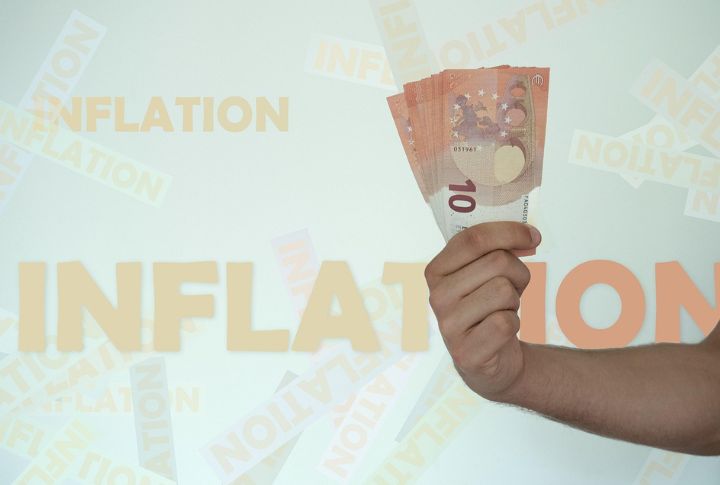
What if your groceries are always covered, and choosing a career isn’t about survival but passion? Sounds dreamy, right? Well, that’s the promise of Universal Basic Income—an idea that’s already in motion but only in a few countries. These days, it’s slipping into global debates about the future. Let’s see what happens if this bold experiment actually reaches all over the world.
Poverty Reduction And Income Security

Think of UBI as a financial safety net stretched under everyone. It would stop people from tumbling into poverty by covering the basics. Brazil’s Bolsa Familia and Namibia’s Basic Income Grant give us a sneak peek—both showed how direct cash can shrink inequality and lift struggling communities.
Mental Health And Wellbeing Improvement

Money stress is like a background buzz in people’s minds. A guaranteed income could finally turn down the volume. Pilot programs have already hinted at better mental health outcomes, and for survivors of domestic abuse, that steady support might mean the freedom to walk away and start fresh.
Economic Growth

Imagine thousands of wallets suddenly a little heavier—local shops and businesses would love it. More spending sparks more demand, which means more growth. Unlike old-school economic models that rely only on job creation, UBI flips the script by supercharging consumers directly.
Impact On Employment

Work might look very different with UBI in play. Some people would cut hours to focus on art, caregiving, or that side hustle they’ve been dreaming about. And despite critics’ fears, evidence from Alaska’s oil-fund payouts shows many people use that boost to level up their skills and chase better jobs.
Simplification Of Welfare Systems

If this payment replaces a jungle of welfare programs, there will be less paperwork, fewer loopholes, and no stigma. Then, governments could funnel saved costs into schools, healthcare, and other public services while keeping the system simple and transparent.
Enhancing Individual Freedom

UBI is basically a permission slip to live life on your own terms. Want to go back to school? Care for your parents? Launch a startup? With a steady income, these choices will become less about survival and more about possibility. That’s real freedom.
Effects On Gender

Money equals power, and UBI would spread that power around more evenly. Women could step away from financial dependence, kids could get better access to healthcare and schooling, and household dynamics might shift toward a fairer, healthier balance.
Possible Inflation

Of course, there’s a “but.” If demand skyrockets while supply stays flat, prices could climb. Think of it as too many dollars chasing too few goods. Smart fiscal planning and production policies would need to keep pace to make sure UBI doesn’t just inflate away.
Financial And Fiscal Feasibility Challenges

Here’s the elephant in the room: how do you pay for it? UBI would mean shaking up tax systems and budgets in a big way. Supporters argue it could be cheaper than the messy web of welfare we have now, but success would ultimately hinge on efficient governments and strong digital systems.
Risk Of Social Fragmentation

Another surprising risk is that too much reliance on UBI could chip away at community ties. If people lean more on the state than each other, civic engagement might fade, and resentment could brew among taxpayers. The social fabric would need just as much care as the economic one.

